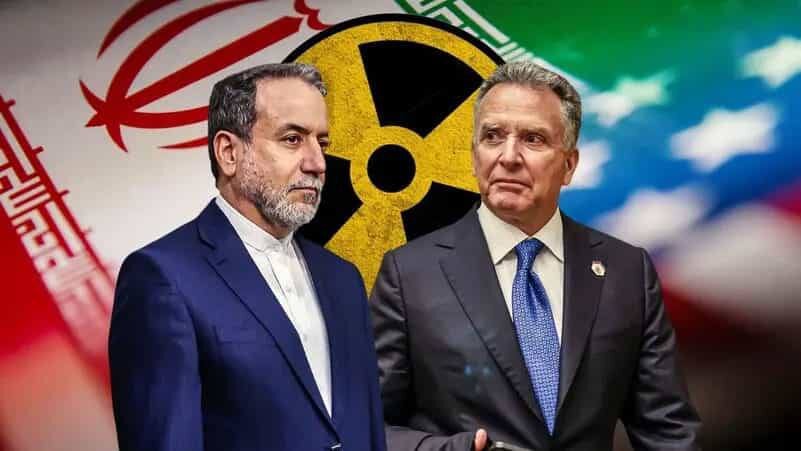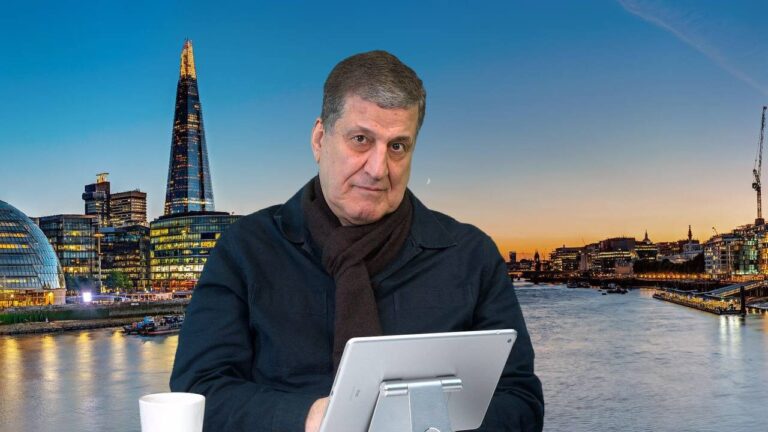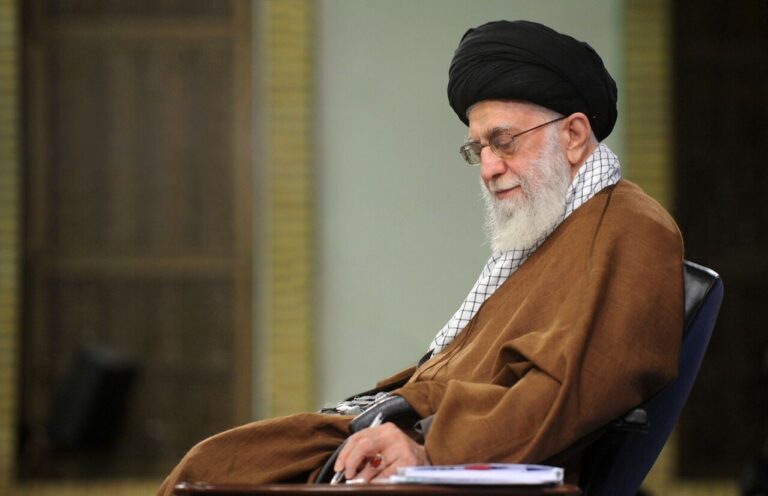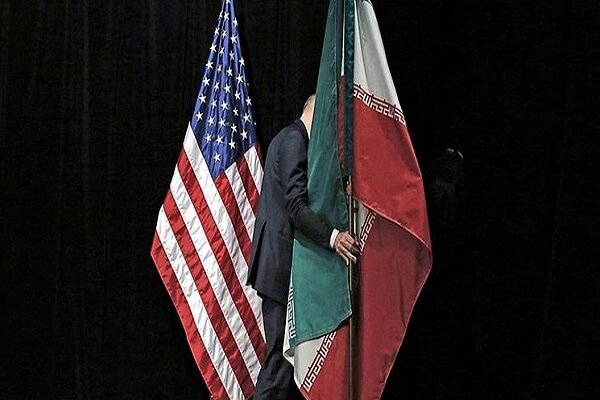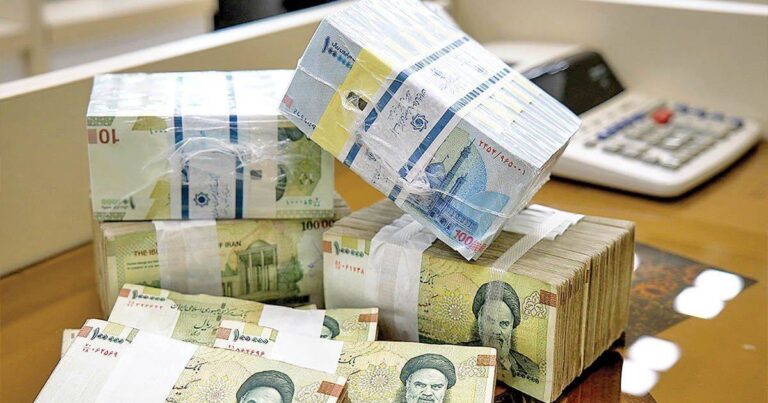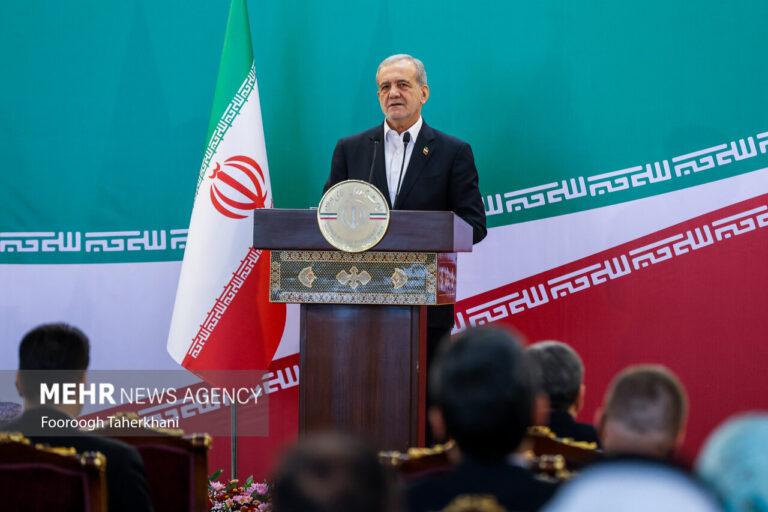Positive Reactions: Which Countries Support Iran-US Talks?
In a significant development for global diplomacy, the recent Iran-US nuclear talks, held in Oman, have set a promising tone for future negotiations. These discussions mark a vital first round focused on Iran’s nuclear program and the potential lifting of sanctions that have burdened the country for years. Led by Iranian Foreign Minister Abbas Araqchi, the Iranian delegation engaged with a team led by Steve Witkoff, the Middle East envoy for President Donald Trump. The outcomes of these discussions have elicited positive responses from various countries, reflecting a collective hope for a peaceful resolution.
The White House released a statement after the talks, describing them as “very positive and constructive.” Witkoff emphasized to Araqchi that he was directed by President Trump to address the differences between the two nations through dialogue and diplomacy, if feasible. Trump himself commented while aboard Air Force One that the discussions were “going OK,” but he remained cautious, stating, “Nothing matters until you get it done.” He expressed optimism regarding the Iran situation, suggesting that the negotiations are progressing well.
President Trump’s administration has a complex history with Iran, having withdrawn from the Iran nuclear deal in 2018 and initiating a “maximum pressure” campaign against the Islamic Republic. However, there are indications that the administration is open to pursuing a new agreement, despite previously threatening military action if no deal is reached—an assertion that Iran has firmly rejected.
International Reactions to the Iran-US Talks
The discussions have garnered positive reactions from several countries, highlighting a shared interest in promoting peace and stability in the region. Here are key responses:
- Persian Gulf Cooperation Council: Jassim Al Budaiwi, Secretary-General of the GCC, praised Oman’s initiative to host the talks, underscoring its role in fostering dialogue and understanding among nations. He reiterated the GCC’s commitment to peaceful conflict resolution and regional cooperation.
- Russia: Mikhail Ulyanov, Russia’s Permanent Representative to the International Organizations in Vienna, described the discussions as “reassuring.” He noted that both Iranian and American officials characterized the negotiations as positive and constructive, which he found encouraging.
- Saudi Arabia: The Saudi Foreign Ministry expressed its support for dialogue as a mechanism to resolve regional and international disputes. The kingdom hopes that the outcomes of the Iran-US talks will enhance security and stability across the region.
- Iraq: Iraq’s Foreign Ministry conveyed optimism that the talks would yield positive results soon. They believe that successful negotiations will help reduce tensions and foster trust between Iran and the US, benefiting regional stability.
- Egypt: The Egyptian Foreign Ministry expressed hopes that the indirect negotiations would usher in a new phase of reduced tensions across the region, particularly in the Gaza Strip. They reiterated support for Oman’s efforts and stressed that military solutions are not viable for resolving regional crises.
- Kuwait: The Kuwaiti Foreign Ministry emphasized its hopes that the talks would bolster peace and stability in the region. The ministry reaffirmed its belief in dialogue as the best approach to resolving disputes.
- Qatar: Qatar expressed satisfaction with the positive outcomes and statements from both sides following the talks. The Qatari Foreign Ministry commended Oman’s constructive role in facilitating the discussions.
- Bahrain: Bahrain expressed hope that the negotiations would contribute to regional and international security and stability. The kingdom appreciated Oman’s diplomatic efforts and its commitment to resolving conflicts through peaceful means.
These responses illustrate a regional consensus on the importance of ongoing dialogue and diplomacy in addressing the complexities of the Iran-US relationship. The international community is keenly watching the developments that arise from these discussions, as they hold the potential to reshape not only bilateral relations but also the broader geopolitical landscape in the Middle East.
As the talks progress, the focus remains on achieving a diplomatic resolution that addresses the concerns of both Iran and the United States while enhancing regional security. With multiple nations advocating for peace and stability, the path forward appears to be one of collaboration and dialogue, rather than conflict.
In conclusion, the recent Iran-US nuclear negotiations in Oman represent a crucial step towards resolving long-standing tensions. The global community, particularly neighboring countries, is hopeful that continued dialogue will pave the way for a comprehensive agreement that ensures security and mutual understanding in the region.
